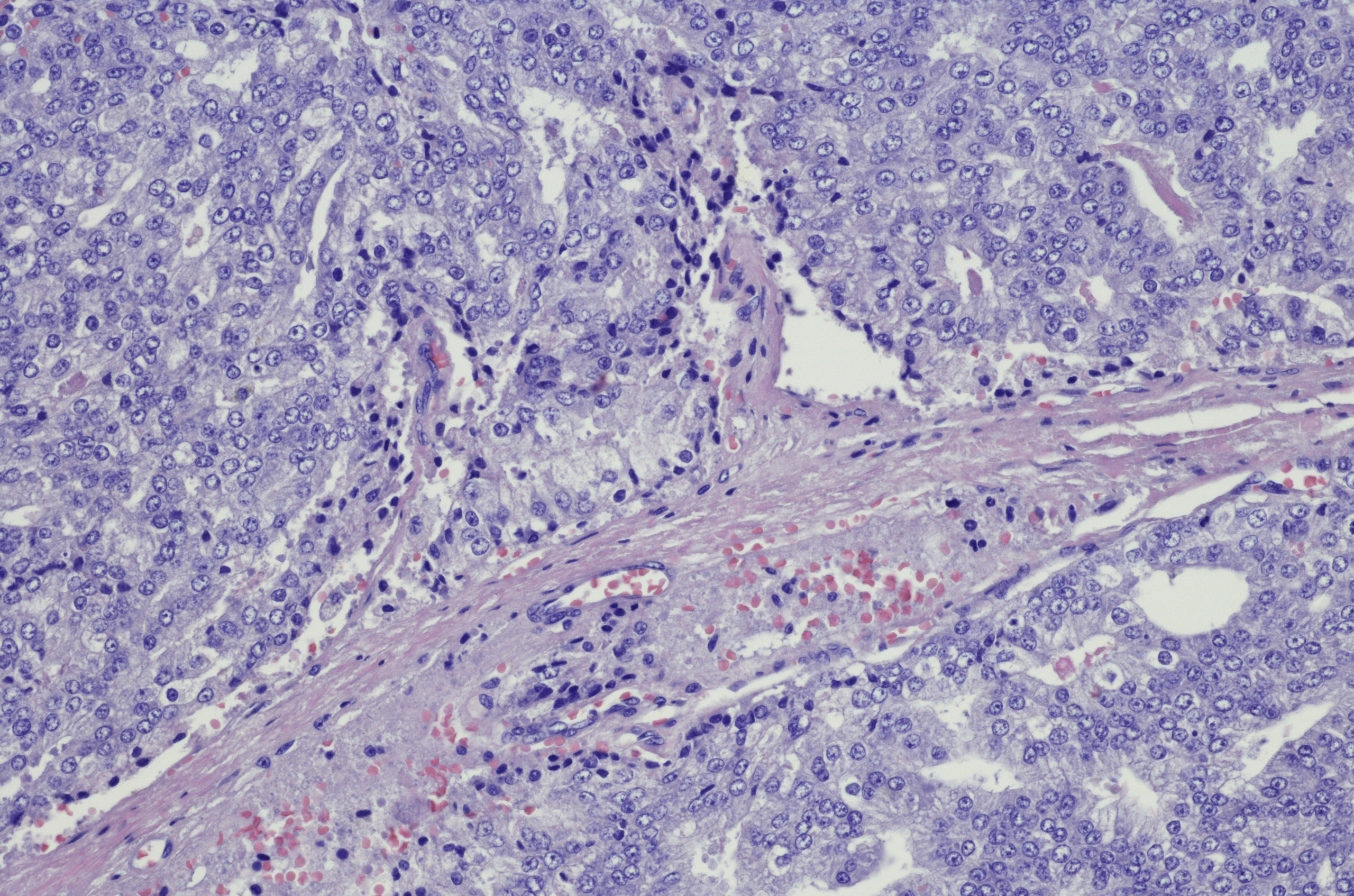A research team from Queen Mary University conducted a meta-analysis regarding a potential benefit of vitamin D supplementation on the risk of acute respiratory infections. The results, published in the Lancet in 2021, confirm the associations identified several years ago in a similar secondary analysis. Accordingly, depending on the dosage and other factors, the intake of vitamin D has a small benefit for the prevention of acute respiratory infections.
In total, data from more than 48,000 participants from 43 trials (RCTs) were included in the meta-analysis published in The Lancet Diabetes Endocrinology [1]. This added 18 more studies to the data base compared to the paper published in 2017. Researchers demonstrated a small but significant protective effect of vitamin D supplementation on the risk of one or more acute respiratory infections (ARIs) compared with placebo (OR 0.92; 95% CI 0.86-0.99): A total of 61.3% of participants taking vitamin D experienced one or more acute respiratory infections, compared with 62.3% in the placebo group (Table 1). In contrast to the meta-analysis from about four years ago, Jolliffe et al. 2021, no protective effect was observed among participants with the lowest 25(OH)D concentrations. However, there was evidence that daily administration of 400-1000 IU vitamin D for a maximum period of 12 months was associated with a protective effect of varying magnitude in subjects aged 1-16 years at baseline. An exploratory analysis limited to data from five studies that met these inclusion criteria showed a greater protective effect of vitamin D supplementation versus placebo (OR 0.56; 95% CI 0.38-0.82) compared with the main analysis, without significant heterogeneity between studies.

Relevance of vitamin D status at baseline
Overall, the magnitude of the protective effect of vitamin D supplementation on ARI risk appears low in the current analysis (OR 0.92 [95%-KI 0,86–0,99]), similar to those individual participant-level data (adjusted OR 0.88 [95%-KI 0,81–0,96]) in the previous meta-analysis. Consistent with the previous study, the estimate for this effect was lower in participants with baseline 25(OH)D concentrations of less than 25 nmol/l than in those with concentrations greater than 25 nmol/l. However, in contrast to the previous results, no significant protective effect of vitamin D was observed in participants with the lowest 25(OH)D concentrations at baseline. This difference reflects the inclusion of null data from four new RCTs in which vitamin D was administered at daily dose equivalents of 2000 IU/day or more at weekly or monthly intervals for 2-5 years.
Vitamin D supplementation achieves better protective effect in low doses
The null results of these studies contrast with the protective effects reported in previous studies in which smaller daily doses of vitamin D were administered for shorter periods of time. This may suggest that frequency, dose, and duration of vitamin D supplementation may be key factors for a protective effect against ARI, the authors write. Consistent with this hypothesis, significant protective effects of vitamin D supplementation versus placebo were observed in their meta-analysis in studies in which vitamin D was administered daily in doses of 400-1000 IU/day and for 12 months or less. The stronger protective effects of lower vs. higher doses of vitamin D may reflect the deleterious effects of higher-dose vitamin D on metabolism. Head-to-head studies in individuals randomized to different regimens of vitamin D supplementation are needed to examine this issue in more detail, experts said.
Qualifyingly, Jolliffe et al. to consider that due to the evolving COVID-19 pandemic, a rapid update was needed and therefore the authors used aggregated study-level data as the basis for their meta-analysis, rather than individual participant-level data. This allowed it to proceed quickly without the delays that would have resulted from having to enter into multiple data sharing agreements. However, certain information was missing to examine, for example, race/ethnicity or obesity as potential effect modifiers. Also, no other factors could be considered that might influence the protective effect of vitamin D supplementation for the prevention of acute respiratory infections, such as taking the vitamin supplement with or independently of a meal.

Literature:
- Jolliffe DA, et al: Vitamin D supplementation to prevent acute respiratory infections: a systematic review and meta-analysis of aggregate data from randomised controlled trials. Lancet Diabetes Endocrinol 2021; 9(5): 276-292; doi: 10.1016/S2213-8587(21)00051-6.
HAUSARZT PRAXIS 2022; 17(1): 46-48











